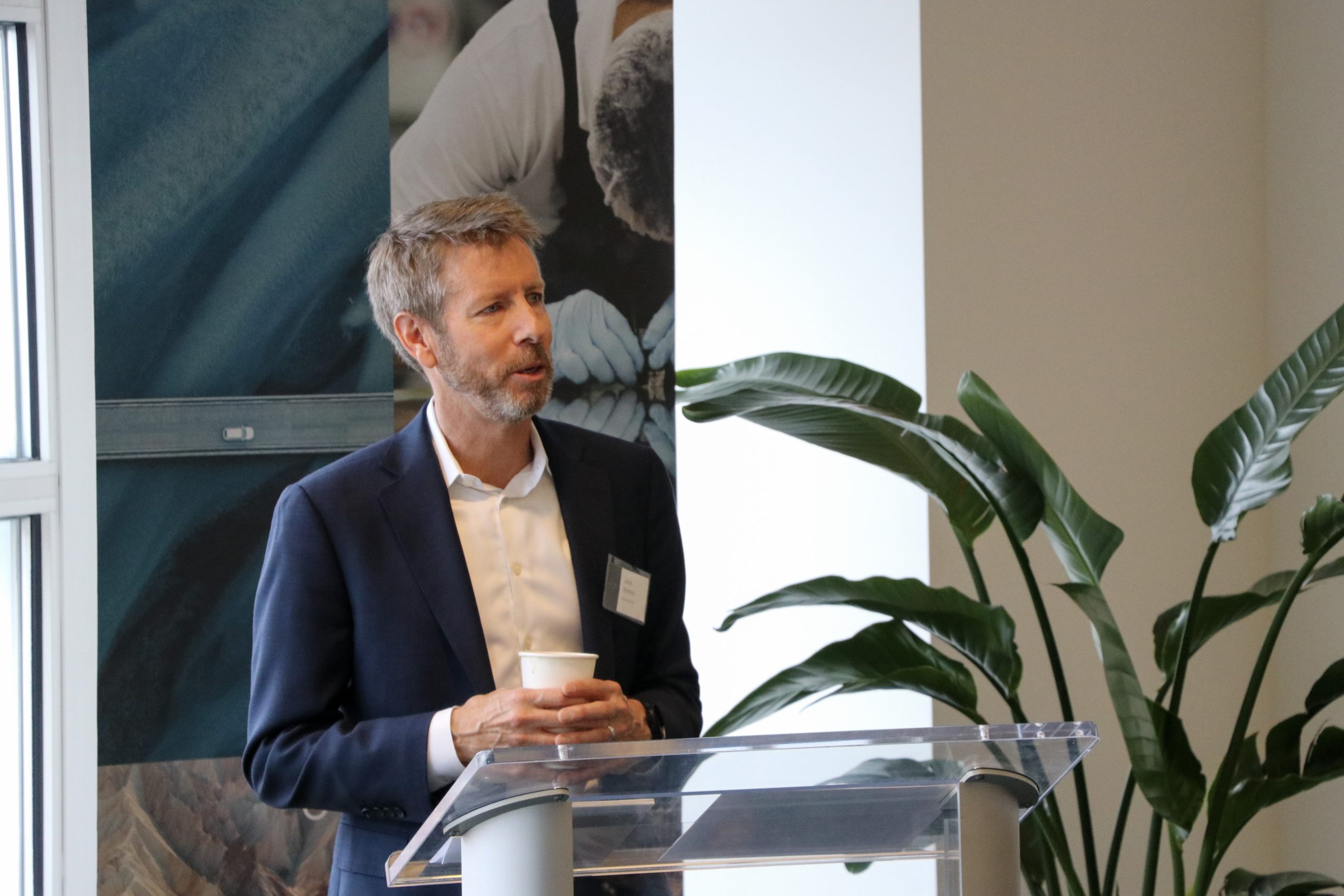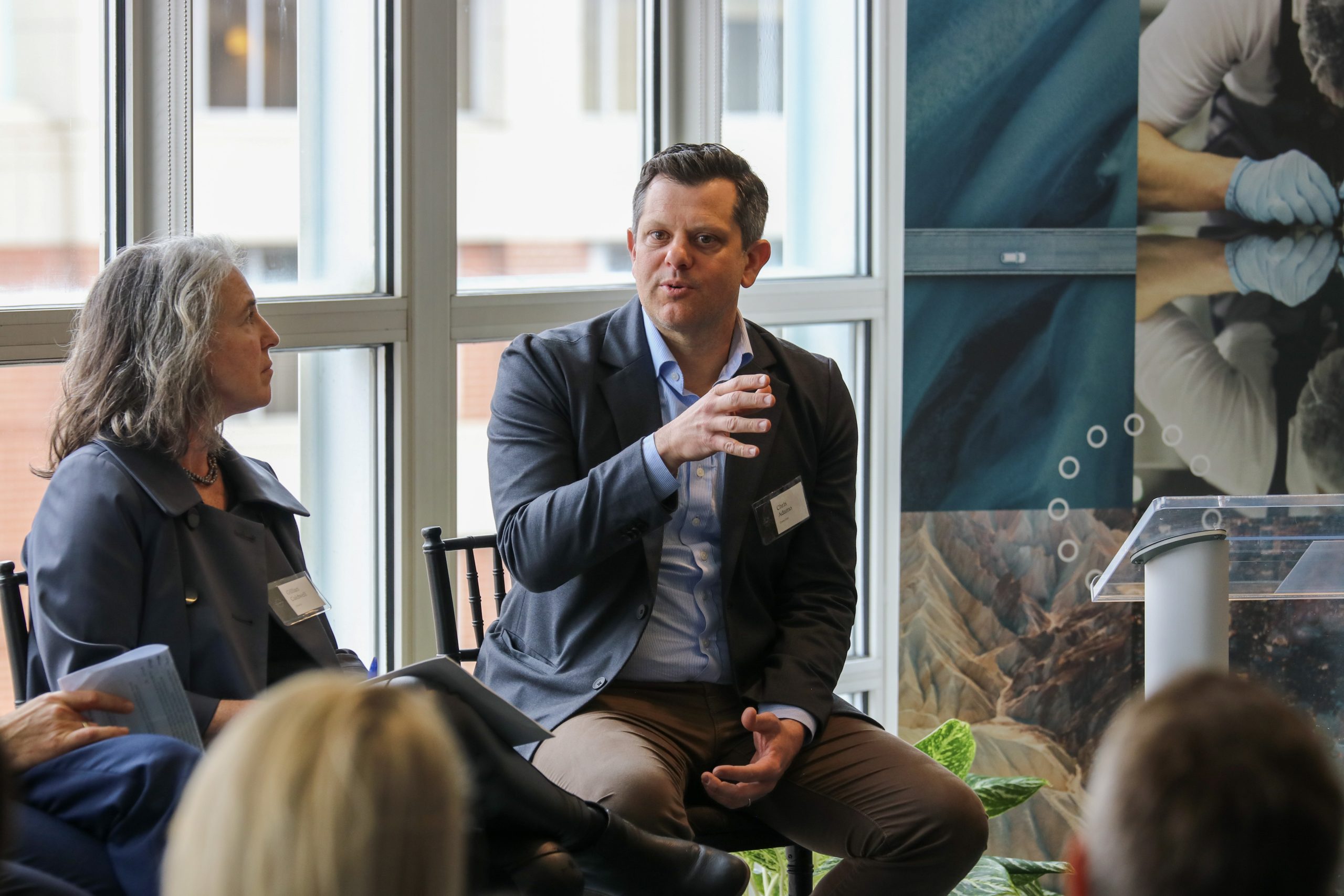Partnerships for Nature: insights from Indigenous-led models in Canada
15 April 2025 / WORDS BY Pollination Foundation
read article
London+44 203 355 1556
Sydney+61 2 8313 7109
Melbourne +61 2 8313 7109
Washington +1 872 201 1168
In this second edition of Nature Finance Focus, we highlight a number of models that are helping to unlock and scale nature investment. Some models are well established, alongside others in which we see significant promise and growth. By showcasing these tangible case studies, we aim to provide ideas and options which can be taken up by the global bank or investor, or by the major corporate.
The report also details the findings of our biennial survey of 500 institutional investors across the UK, USA, Australia, Singapore and Japan.
View reportFour years ago, when Climate Asset Management launched as a joint venture between HSBC and recently formed consultancy Pollination, it laid out ambitious plans to become the biggest investor dedicated to natural capital.
13 March 2024 / WORDS BY Pollination
With governments around the world continuing to allocate funds towards sustainable initiatives, public capital has become a driving force behind the transition to a net-zero, nature-positive future. Last week, Pollination hosted a group of 25 leaders across the public, private, and nonprofit sectors in our DC office for an engaging dialogue on the financial incentives that are fueling the green transition and the role of public funding in addressing climate change.
The event featured esteemed speakers sharing insights from both the public and private sectors, including USAID’s Chief Climate Officer Gillian Caldwell, the U.S. Treasury’s Climate Counselor Ethan Zindler, Danone’s VP of Regenerative Agriculture Policy Chris Adamo, and Macquarie’s Managing Director Brooks Preston. The discussion was moderated by Pollination’s Managing Director, Carter Ingram, with our CEO Martijn Wilder and Head of Americas, John Morton, also sharing their unique perspectives.
Here are four key takeaways.
1 | More funds are needed to close the gap
As companies move from the commitment phase into implementation, many are realising that more funds are needed to bring these promises to life. Public-private partnerships play an important role in closing the gap and advancing innovative climate solutions, with a myriad of examples globally, including the Inflation Reduction Act (IRA) mobilising US$400B in public funding towards climate solutions in the United States, the Green Transition (GX) directing US$144B in public capital towards green innovations in Japan, and the National Reconstruction Fund (NRF) allocating US$10B in government funding in Australia. Private-sector entities across regions are leveraging these public funding opportunities to catalyse climate initiatives that move us closer to net zero.
2 | Increased investment in emerging markets is key to accelerating the transition
Growth markets are a central focus for public- and private-sector institutions alike, with organisations like USAID working with partner governments in Colombia, the Philippines, Vietnam, and Indonesia, among others, to mobilise billions of dollars in private finance for renewable energy. Private sector entities are also engaging in their own strategies in emerging markets, such as investing in green ammonia in Brazil, water in India, and EV fleets in Indonesia. Public-private funding partnerships can help balance the risk levels of investing in growth economies and improve the flow of capital.
3 | Success is dependent on shared energy and relationship-building
Collaboration between governments, corporates, and nonprofits will be imperative to further advancing green solutions, but can be challenging due to different organisational cultures, goals, and ways of working. Shared energy and relationship-building will be needed to bridge these gaps and work together effectively to drive change.
4 | Rethinking global supply chains presents an important opportunity
For many of the climate initiatives being implemented globally, there is immense opportunity to reassess supply chains to ensure greater efficiency. This is true across solutions like hydrogen, wind turbines, and agricultural commodities, in which assets must traverse multiple countries throughout the development process, ultimately jeopardising valuable natural resources. Bringing more production activities onshore will enable us to make more meaningful progress on climate.
—
As we continue working towards our mission of delivering net zero, Pollination is committed to building bridges and catalysing the necessary changes across industries to reach our shared climate ambitions. We look forward to continuing these conversations, both in the US and globally.







15 April 2025 / WORDS BY Pollination Foundation
read article
Receive latest news and global perspectives from Pollination.
By clicking submit, you agree to our Terms & Conditions.